Population Genetics of Human Communication research group
Human language is one of the most distinct and fascinating features of humankind. As a system of communication, language supports peer contact and interaction but also cognitive development, learning and knowledge transfer. Our group aims to decipher the aetiological mechanisms shaping developing language and social skills during infancy to adolescence, as captured by common genetic variation. Utilising this knowledge, we seek to identify and characterise the trajectories that lead from early childhood language and social skills to later-life health, educational and social outcomes.
This research group is part of the Language and Genetics Department
Contact
Beate St Pourcain
- Tools
-
Genetic-relationship-matrix structural equation models
We have developed multivariate genetic-relationship-matrix structural equation modelling (GRMSEM) techniques in samples of unrelated individuals. For this, we combined whole-genome genotyping information with structural equation modelling techniques, analogous to twin research methodologies. The code is implemented within the R GRMSEM (links to these tools:CRAN, GRMSEM)
-
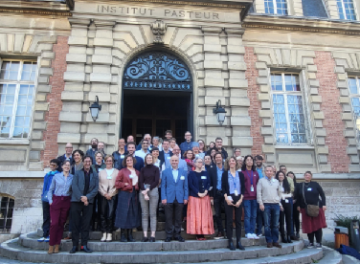 26 October 2022
26 October 2022New EU-project striving for a paradigm shift in mental health and in developmental diversity: from risk to resilience
World-leading interdisciplinary research groups have committed to provide innovative approaches to improve the quality of life of individuals with neurodevelopmental disorders.
-
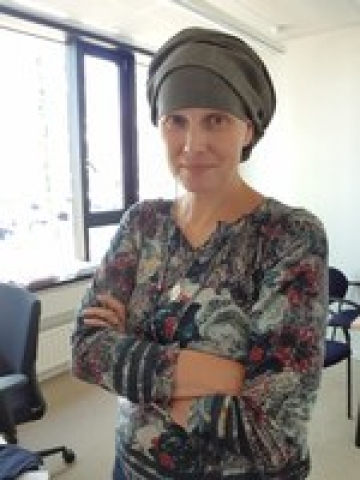 13 September 2018
13 September 2018SFARI Pilot Award
Dr. Beate St Pourcain, group leader at the Max Planck Institute for Psycholinguistics, has been granted a SFARI Pilot Award for her project ‘Disentangling autism heterogeneity through multivariate...
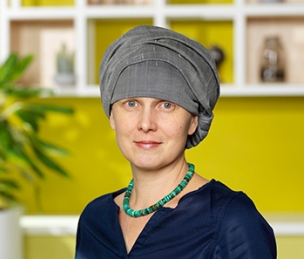
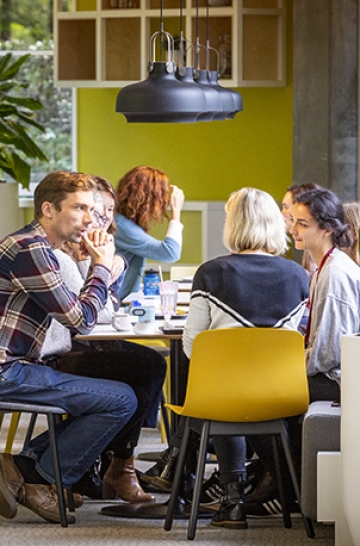
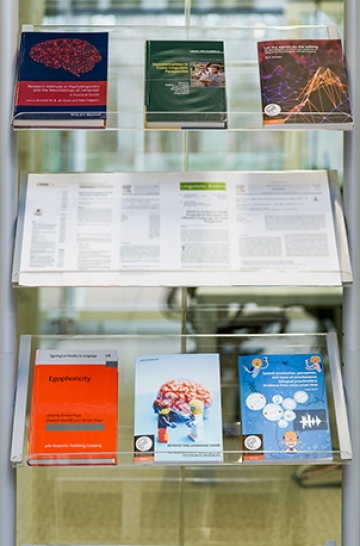
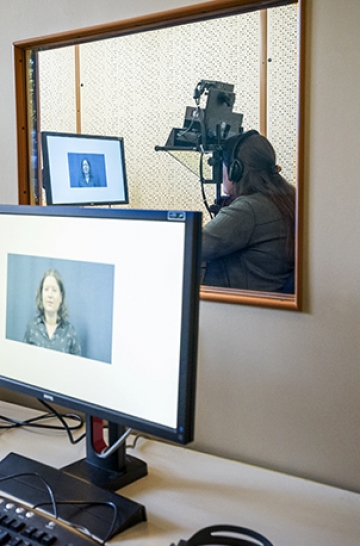
Share this page